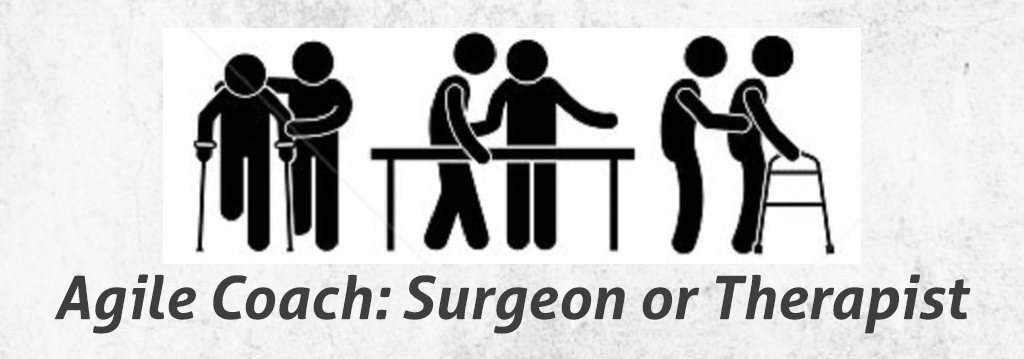
Category : AgileAgile Coach
By Vineet Patni | 9 December 2015
We know that the human body is prone to ailments against which it is not able to defend by means of the immune system. In order to counter the effects of the illnesses, we seek diagnosis, followed by medication to restore the normal bodily functions.
Project Diagnosis and Treatment Options
IT Delivery groups can be compared to the human body to some extent. We have the brain, which consists of the management levels, which make the decisions involving all the moving parts and their roles. Then we have the actual moving parts (project managers, implementation teams). And finally we have support; viz. maintenance teams, infrastructure, tools etc. These groups are much like our vital organs like lungs, kidneys etc.
Flaws in such a set up can be a result of factors like misaligned project goals, unhealthy team dynamics, issues with skills and process inconsistencies. That is when it becomes important to pin-point weaknesses that are responsible for degraded team performances and treat them accordingly. Some of these issues could be resolved by precision doses (Surgical) while several others need a more holistic approach to treatment (Therapy)
Agile Coach: A harbinger of boosted, long lasting immunity
Core agile principles stress on teams making constructive decisions based on their own retrospection and the kind of expertise they have within their teams. Despite that, only following those set of rules does not guarantee successful deliveries. With the exponential rate of change in technology and business scenarios, teams need to adapt and learn and maturely respond to uncomfortable situations.
This is where an Agile Coach comes into picture. But when organizations hire agile coaches (mostly external), they expect quick fixes to their problems. The Coach is often looked at as an expert surgeon, who will come in, assess the damage, fix the broken parts and magically improve delivery standards. This expectation is incorrect. An Agile coach should stick to the team until the goals of the project are reasonably realised.
Let’s look at some of the key responsibilities of an Agile Coach:
Trainer and Consultant:
An agile coach’s first role is training the team in agile principles. But it does not stop there. Most people attend agile trainings but fail to actually make the changes required to successfully implement Agile in their work. Even the best or the longest training sessions will not be able to cover all the scenarios that a particular team will encounter. The coach can consult the team on their specific issues after the formal training has concluded.
Apply and Motivate:
Since an Agile Coach has ample experience in implementing agile techniques, he or she would be the best person to get the team to apply those principles to their specific working environments. Much like human beings every organization functions differently, and it is the un-biased view of the agile coach that will help in motivating the team to the vision that the organization has towards making the change to agile and achieving its business goals.
Technical Involvement
Not all agile coaches are involved in Technical aspects of delivery, but those who are, work with the Developers. They can become integrated with the development team, and help them with techniques like XP, test/behaviour driven development, continuous integration, and automation.
Process Management
An Agile coach is an observer of the entire process map for the team or organization. Process driven coaches focus more on creating measurable change and subsequent improvements in the delivery processes. It is more about helping teams rethink their existing practices and get over their assumptions of what works and what can’t. It is about broadening their perspectives and helping them adapt to a changing environment.
It would not be a true agile mind-set to say, that the above qualities are the only things that an agile coach should bring to the table. But it gives an idea of what is the difference between one-time quick-fix models to continuous improvement. Agile Coaches can bring in the agile mind-set and help teams sustain that mind-set. Once teams are driven enough to think and operate within those principles, they become self-sufficient, thus giving an exit strategy to the agile coach.
About The Author:
Vineet Patni is the Founder and Principal Agile Coach at ScaleUp. An avid learner and a passionate facilitator, Vineet has been assisting enterprises and individuals in becoming truly Agile. Please feel free to connect with him at Vineet@ScaleUpConsultants.com .
Disclaimer: The opinions expressed in this post are the author’s own. The author welcomes and respects any difference of opinion.


Leave a Reply